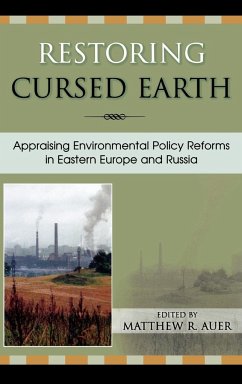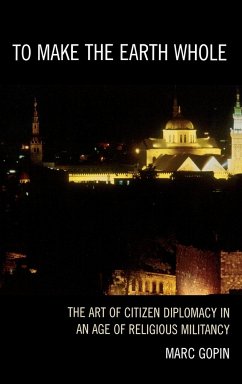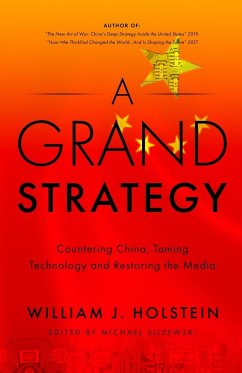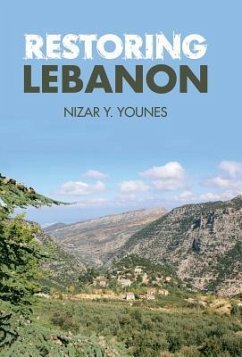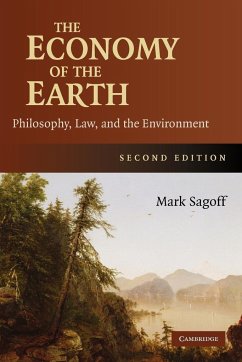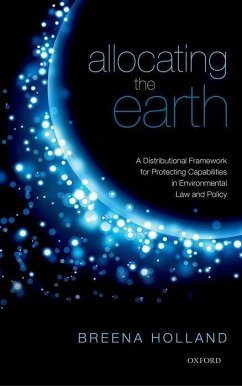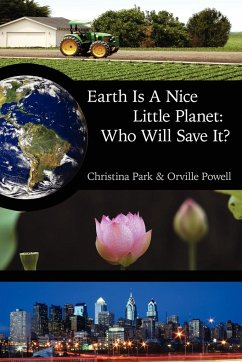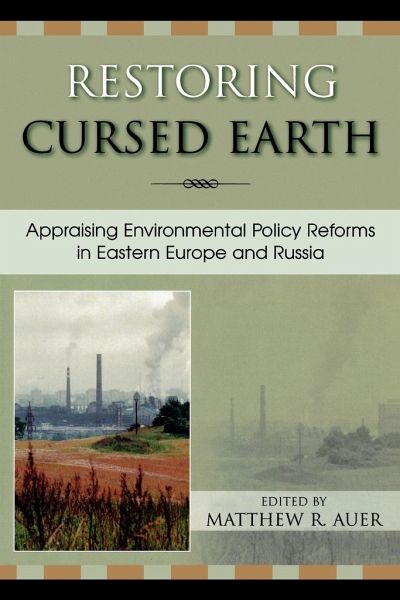
Restoring Cursed Earth
Appraising Environmental Policy Reforms in Eastern Europe and Russia
Herausgeber: Auer, Matthew R.
Versandkostenfrei!
Versandfertig in 1-2 Wochen
59,99 €
inkl. MwSt.

PAYBACK Punkte
30 °P sammeln!
Among the most costly and complicated chapters in the former Eastern bloc countries' transitions to democracy is the clean up and restoration of the environment. Even as Communist-era environmental problems fade in significance-such as pollution from heavy industry-new threats have emerged. Restoring Cursed Earth considers how rule making, sanctions, incentives, and programs shape environmental protection efforts, and whether and to what extent these emerging policy structures are promoting environmental well-being for citizens in Russia, the Czech Republic, Hungary, Romania, and Estonia.





